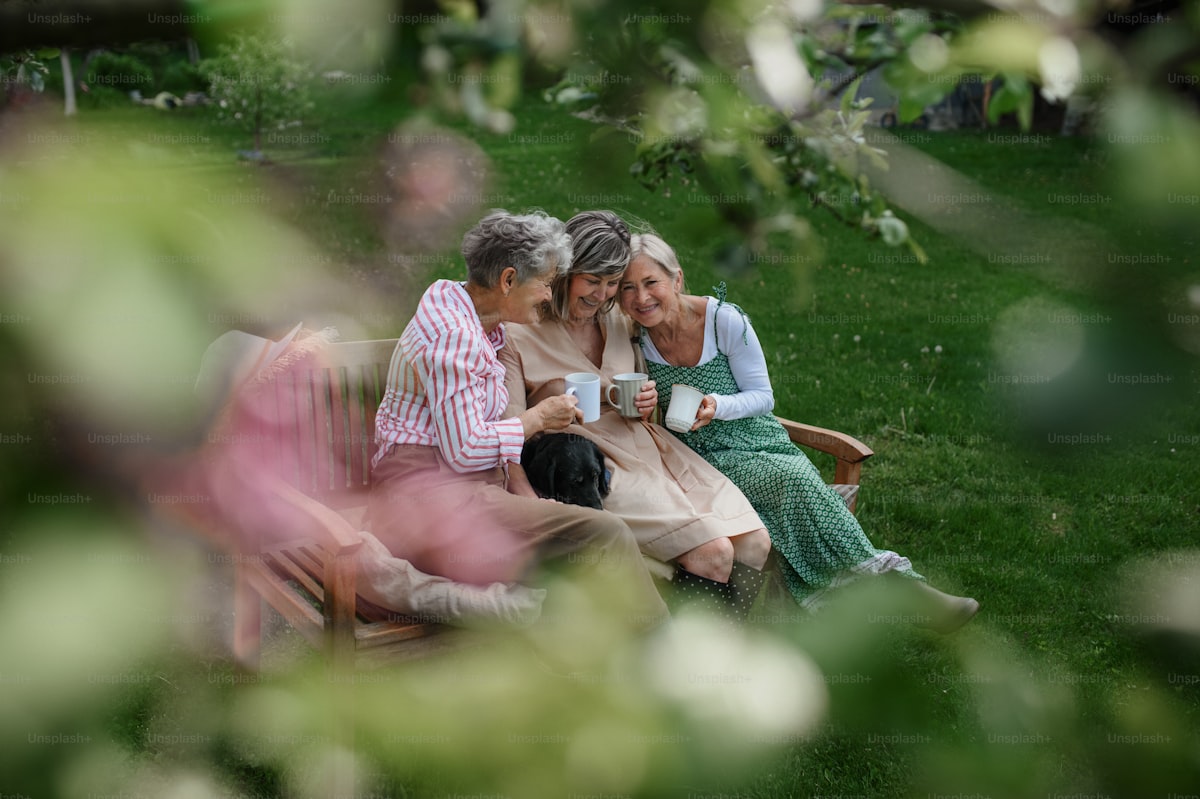Live long life with sharing
Generosity and kindness not only make you happy and satisfied in life but also posses long-term benefits more than anything. Whether you are generous with unknown people in need or are kind with your own kith and kin. You make their and your lives more beautiful, meaningful and worth living. The method is tried and tested time and again by many people. You are never going fail if you pursue the path of sharing available resources with others, and helping them when they need you the most.
It’s not just we are saying, but this has been proved again by a recent study. Transferring wealth to your kids or aging parents is likely to increase their life span, says a new paper published in the Proceedings of the National Academy of Science. When people transfer money or resources to their children or aging parents, this expands their life span, say researchers. According to the researchers from Faculty of Spatial Sciences at the University of Groningen, helping others throughout the course of our lives is a better way of living.
Generosity increases life span
The research aimed at tracking data on the ways individuals in a given society consume and save. Intergenerational wealth transfers among people can be money as well as houses, benefits or time. The researchers also recognized other factors that affect life expectancy of the population, and included them in their model. These factors include the country’s gross domestic product (GDP) and income inequality. Wealth transfers among generations are more common in societies where social cohesion is high, said the study.
Countries showing stronger social cohesion experienced a correlation between greater longevity and wealth transfers. The researchers cited the findings of a 2010 meta-analysis executed by researchers at the Brigham Young University. The 2010 meta-analysis interpreted a total of 148 separate studies done on over 300,000 participants. The findings said, survival was 50% more for people, who had stronger social relationships in comparison of those having lesser to no social bonds.
Live long life with sharing
Western Europe and Japan are on the highest ranks, based on the data that links wealth sharing and lower mortality levels. The lowest mortality risk countries – France and Japan – exhibited the highest average individual resources transfer. People in the two European countries transferred 68%-69% of their lifetime earnings. These nations reported mortality rates about twice lower than that in China and Turkey. While, people of China and Turkey shared only 44%-48% of their lifetime incomes, says the study.
South American nations also ranked high in terms of generosity, transferring more than 60% of an average individual’s lifetime earnings. However, Sub-Saharan African and Southeast Asian countries ranked low as people shared less to no fractions of their lifetime incomes and experienced shorter life span. The research findings go hand in hand with those of the annual United Nation’s World Happiness Report. Sustainable Development Solutions Network scientists take generosity and life expectancy among six factors in consideration while making World Happiness Report for the UN.
More relevance during pandemic
Finland has got the happiest country title for a third straight year, when Europe is among worst hit by coronavirus. Societies having high mutual trust show more chances to be resilient, said researchers. Recently, that is apparent in their response to the coronavirus, they added. The countries like Norway and New Zealand responded well to coronavirus. People in these nations are more likely to have trust for each other, they added. The study findings show a clear relevance during coronavirus pandemic.
This paper tells and an evolutionary story in this regard. Our collective stamina as species is to ensure survival of the most cooperative society, rather than survival of the fittest individuals. The generosity works for longevity in big way, creating resilience to disease, earthquakes or climate changes, researchers explained. Leaders must work towards broadening capacity of people to help one another, they suggested. Finally, the researchers suggested that you can transfer something valuable to your loved ones by cooking, caring and reading to them.
